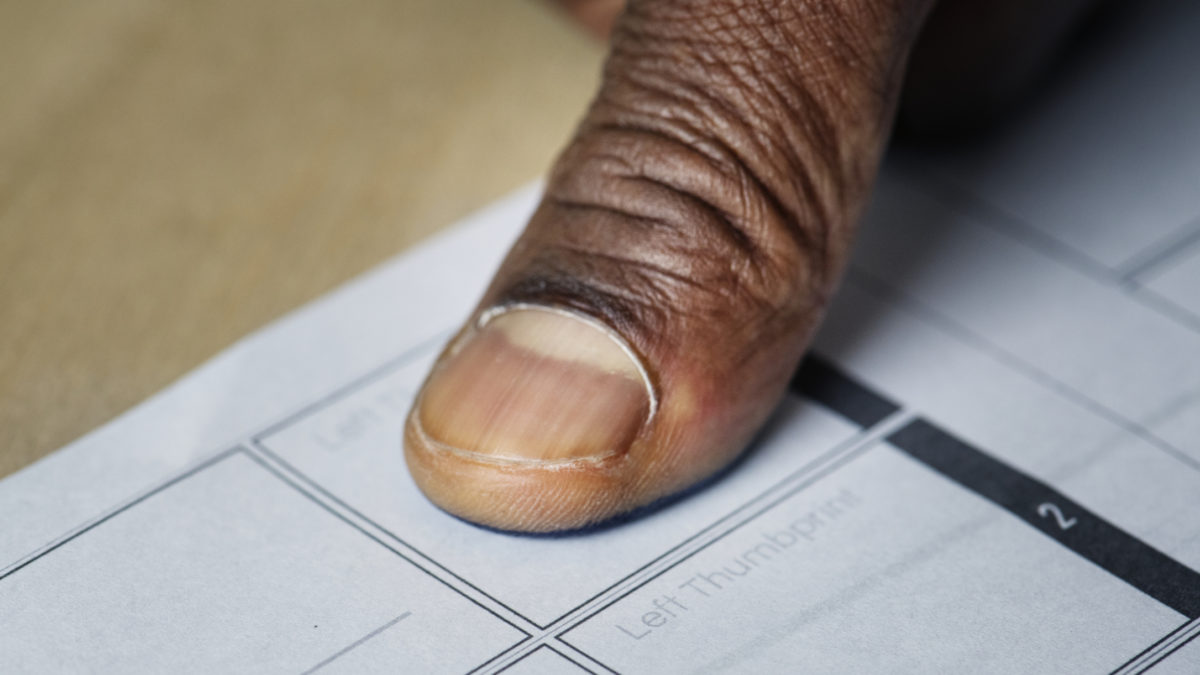
Magufuli Calm in the Face of Coronavirus Criticism
For any incumbent president facing an election in the next twelve months, their handling of the Covid-19 pandemic will be high on the list of election issues. Given that Tanzania is set to hold a general election in October, one would expect President John Magufuli to be especially careful not to draw criticism on this matter. This makes his apparent disregard for internationally accepted strategies surprising and illustrates the confidence he has in securing a second term.
Although Magufuli initially received praise for drawing attention to the pandemic, tapping feet to greet a fellow politician on 3rd March, instead of shaking hands, he has since faced criticism for not imposing restrictions seen elsewhere. His government has not imposed any lockdowns and, while some public gatherings were prohibited, shops, bars, restaurants, markets and religious buildings remained open. Magufuli even encouraged Tanzanians to continue attending religious congregations in large numbers, asserting “that’s where there is true healing”, and called on the country to observe three days of National Prayers to combat the virus.
Alongside the lack of restrictions, the Magufuli administration has also faced criticism for not providing transparent information on the number of coronavirus cases in the country. Despite claiming that there are now only a handful of cases in Tanzania’s commercial capital Dar es Salaam, authorities have not released any official data on the virus since 29th April. And, in a bizarre turn of events, the president questioned the reliability of the data previously released, claiming that he secretly sent goat and papaya samples to government testing facilities, which subsequently tested positive for Covid-19.
Magufuli has drawn criticism from the international community, with both the World Health Organisation and the US Embassy in Tanzania raising concerns about the government’s Covid-19 strategy. Such concerns were also shared by neighbouring countries, including Kenya, Rwanda and Zambia, all of which imposed tighter restrictions at their borders with Tanzania. This divergence with its neighbours was further illustrated by Magufuli’s decision to ignore Rwandan President Paul Kagame’s call for greater regional cooperation in relation to Covid-19 by not attending East African Community meetings on this matter.
In Tanzania, opposition parties, including Chadema and ACT Wazalendo, have also been highly critical of the government, alleging that the number of Covid-19 cases and deaths are significantly higher than the official statistics suggest. According to the opposition, the Magufuli administration has been covering up the extent of the pandemic, with some politicians arguing that the number of cases could be in the tens of thousands, rather than the official 509.
Although such criticism will strike a chord with urban communities and in opposition strongholds like Arusha, it is unlikely that it will gain much traction amongst rural Tanzanians, who make up a significant percentage of the ruling Chama Cha Mapinduzi’s support base. In contrast, Magufuli’s emphasis on the role of religion in combatting the virus and dismissal of “imperialist” exaggerations are likely to play well amongst such communities.
Moreover, Chadema – Tanzania’s main opposition party – has been divided over its response to the pandemic. While Freeman Mbowe – the party’s national chairman – called on its MPs to boycott parliament in response to the government’s refusal to impose a lockdown, a number of them refused to do so, which led to the expulsion of four MPs and the defection of another. This ignited accusations of a lack of internal democracy and financial transparency within Chadema, which will surely damage its popularity, given its pro-democracy and anti-corruption platform. It also handed Magufuli an opportunity to strengthen his populist appeal by calling for those MPs boycotting parliament to have their allowances suspended. In light of such divisions within Chadema, it seems unlikely that various opposition parties will be able to come together and form a coalition as they did in 2015, especially as the only clear unity candidate – Tundu Lissu – is still living in self-imposed exile following an assassination attempt in 2017.
Furthermore, even if the opposition are able to form a workable coalition, the space in which it will be able to operate has been severely reduced by the Magufuli administration. In the past 5 years, opposition politicians and independent journalists have faced increasing violence, intimidation and censorship. Opposition parties have been prevented from organising rallies since 2016 and both Mbowe and Zitto Kabwe – leader of ACT Wazalendo – have recently been found guilty of sedition; a crime that has also been used to silence critical media outlets.
Magufuli therefore has good reason to be confident in his ability to secure a second term and it is likely that this confidence has informed his approach to the coronavirus pandemic. Given the lack of democratic space in Tanzania and the divisions present within the opposition, he has been largely able to ignore the growing criticism of his Covid-19 strategy and instead rely on populist pronouncements, which are likely to lead him to victory in October.